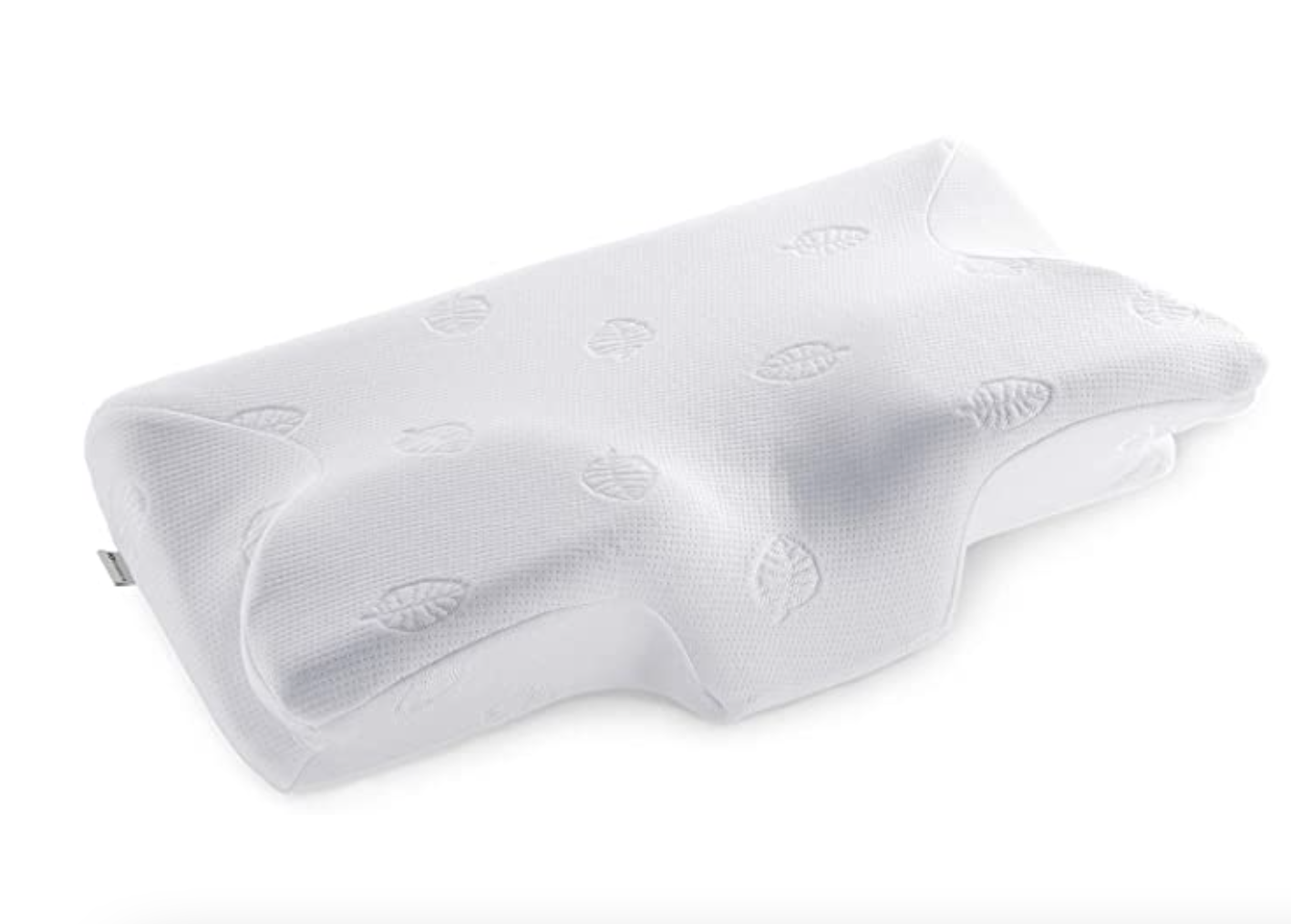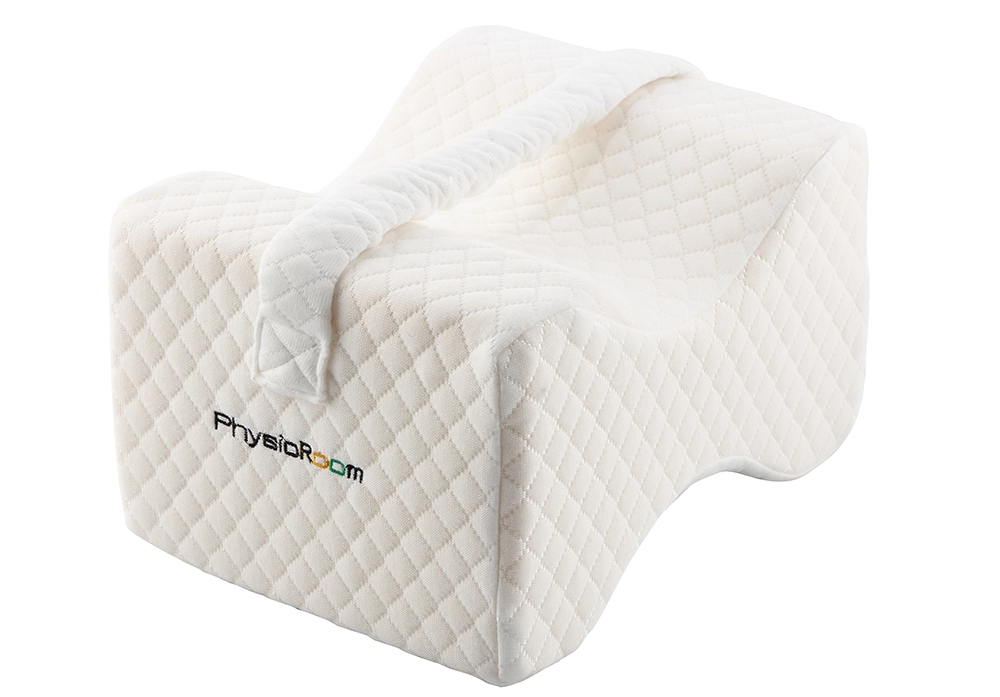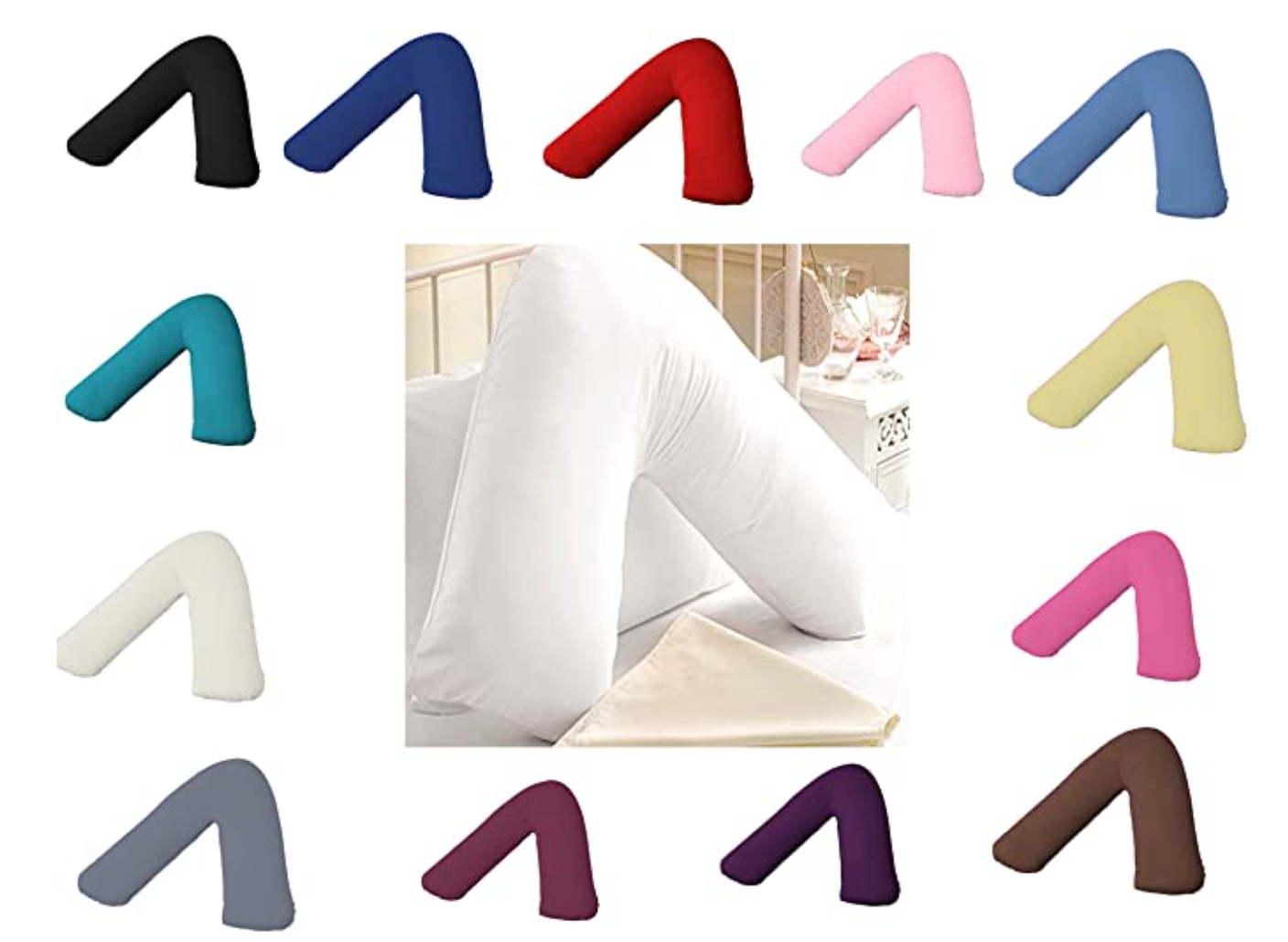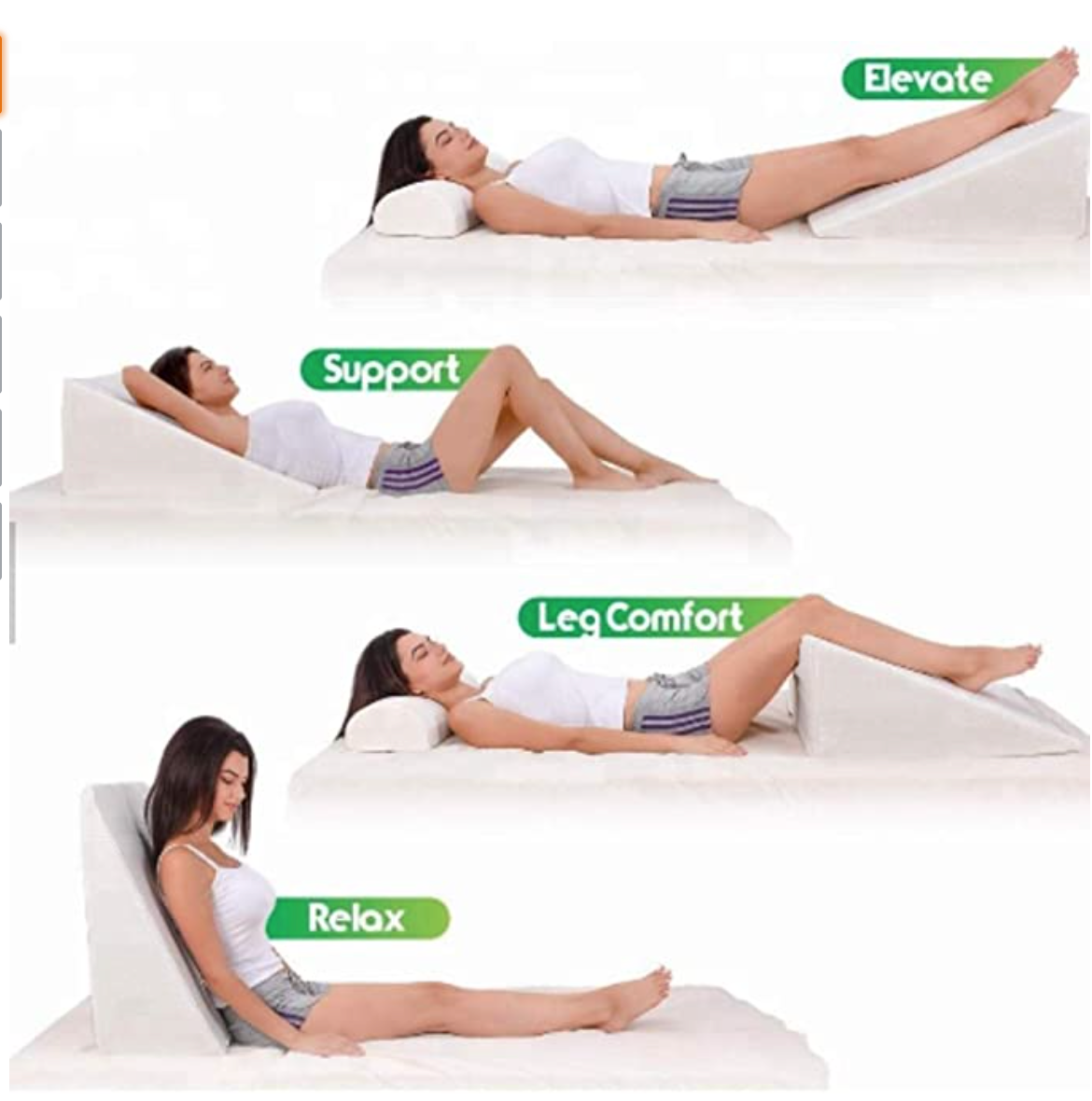
Many of us know that a lack of sleep is a huge trigger of flares of chronic illnesses, and as such most of us try to get a good amount of good quality sleep in our lives. But there’s no denying that sleep can be a BIG challenge when you live with chronic illness and chronic pain.
Recognising all of that, we’ve put together some resources for improving sleep just in time for world sleep day! If you have any resources you find particularly useful, do drop us a line so we can add them to this blog.
This is part 1 of two blog posts. In the second we’ll put a link to the 2-hour sleep workshop we ran plus the resources recommended during it including a 4-part sleep diary. Find that post here.

Sleep Hygiene
Researchers have identified a variety of practices and habits—known as “sleep hygiene”—that can help anyone maximise the hours they spend sleeping.[1] Here are some pointers which experts recommend[2]:
- Make your bedroom a calm space – make sure the light, temperature and the sound level in your room is suitable.
- Check for a physical cause – Pain or illness or other physical issues can disrupt your sleep. Visit your GP to investigate potential problems.
- Turn off electrical screens – TVs, computers and phones all stimulate your brain, making it hard for you to relax
- Talk to your partner – Snoring, preferred side of the bed and other common issues can often be easily resolved.
- Try a breathing technique – In a comfortable position, breath in deeply – then breath out slowly. try to make your our breath longer than your in breath. repeat until relaxed.
- Plan your day – Try to do more worrying tasks at the start of the day so you can relax the rest of the day.
- Notice what you eat and drink – Caffeine, alcohol and sugary foods can disrupt your sleep.
- Keep a sleep diary – This may help you spot a patterns in everyday sleeping habits and give you insights into what might be causing you the problems.
- Try to do some exercise – This will improve your sleep as long as it is not too late in the evening.
- Change your medication – Some of the drugs particularly common for mental health problems can effect your health can effect your sleep. Talk to your GP to discuss alternatives.
Sleep Apps

Pzizz App
Pzizz app uses “effective psychoacoustic principles to create beautiful dreamscapes that will help you fall asleep fast, stay asleep, and wake up feeling refreshed.”

Sleepio App
“Sleepio is a 6 week online program designed by sleep experts and based on cognitive and behavioral techniques.”

Sleepstation App
“Our team of coaches, doctors and sleep experts will help you identify the underlying causes of your sleep problem and provide the personal support needed to improve your sleep.”
Pillows
Orthopaedic Pillow
Our founder CEO got this for after her hip replacement and she hasn’t gone back to her old pillow since! Suitable for all sleepers, this is one comfy pillows.
Knee Pillow
Another pillow tried and tested by our CEO, these knee pillows are great for keeping your hips and back aligned while in bed, or on the sofa if you like to curl your legs up at your side.
V Pillows
Great for in bed and on the sofa, these pillows are supportive and comfy both to sleep and when sat up to read or watch TV.
Wedge Pillows
Wedge pillows are super flexible and can help with a wide variety of issues including acid reflux and they’re also useful if you spend a lot of time in bed and want some extra back support.
[1] http://healthysleep.med.harvard.edu/healthy/getting/overcoming/tips
[2] https://onelifesuffolk.co.uk/campaigns/suffolkhowareyou/sleep-well/





